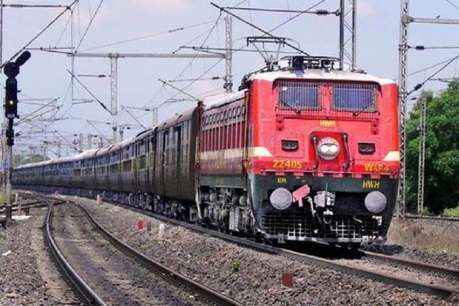Can cyberattacks on critical national infrastructure be thwarted?

In June, when India was under lockdown because of the Covid-19 pandemic and the defence forces were in a dangerous faceoff with the Chinese army on the Ladakh border, the Indian railway network came under cyberattack. Indian Railways was hit by a malware APT 26 that was stealing its data, including train movements, and storing it in foreign locations. The Railway Board had to immediately disconnect the system from the internet and change the password. Curiously, the cyberattack happened barely a day after the government cancelled a 417-km signalling project worth Rs 471 crores with a Chinese company.
Not only our rail system but our nation’s power transmission grid, oil networks, dams and airports are increasingly targets of hackers. Just last year, Indian media reported India’s power sector faced rising cyberattacks, with an average of 30 reported daily. Naturally, there are growing concerns India’s power infrastructure can be a target of those foreign powers seeking to paralyze India’s economy. The issue has become more critical now the country has an integrated national power grid. This vulnerability is even more crucial against the backdrop of increased hostility between India and China in the Ladakh region, which can turn “hot” at any time. Clearly, the nature of modern warfare has changed, with serious implications for India’s national security.
In its annual worldwide threat assessment report, the Office of the Director of National Intelligence, US, which was tabled in the Senate in January 2019, gave a detailed insight into the cyber threat posed by China.The Report said China now could successfully target critical infrastructure, such as the electric grid and cause “temporary disruptive effects” virtually anywhere in the world.
To protect national assets such as the railways and electric infrastructure, diesel-electric locomotives with clean emissions technology can provide India with a vital defence in the event of a cyberattack without compromising the nation’s environmental goals. During any attack, the electric grid would be targeted, damaged, and might even be completely paralyzed. For thse reasons alone, deploying diesel engines are vital to be able to transport goods and commodities, troops and materials.
The government has announced plans to electrify the entire railway system in the next three to five years. Policymakers and academicians disagree whether this is a wise decision, given the hefty cost, the increase in air pollution, and the availability of fuel efficient, clean burning diesel technology that can be deployed for a small fraction of the cost of electricification. One thing, however is certain: not having a fleet of modernized diesel-electric locomotives to operate in the event of a cyberattack from a hostile foreign government would be very detrimental to India’s national security.
Working off the grid
Technological advances in diesel engines in recent years have changed the equation about which type of locomotives to deploy. The new generation of diesel-fuelled locos are as fuel efficient, and in some ways, more efficient, than their electric counterparts. Electric locomotives have been pushed in India as a solution to the country’s chronic air pollution problem, but that is not the case. When the pollution created by burning coal in thermal power plants to produce the electricity needed to electrify the rail lines is factored in, electric locomotives produce more pollution than diesel locomotives that have been upgraded to the latest emissions controls.
But in the present context, it is important to note diesel locomotives operate off the grid and cannot be subjected to cyberattacks. A diesel powered locomotive is, in fact, an electric locomotive carrying its own powerhouse. Our energy policy should ideally leverage proven technology, minimize the cost, maximize benefits to the environment and prioritize the national security.
Such advantages often get obscured in policy debates. But here’s the thing: diesel is efficient, economical, leaves a small carbon footprint and is an unassailable asset in a situation where the nation’s electric power supply has become highly vulnerable due to a cyberattack…END
Rajeev Narayan is a communications consultant and a prolific writer. Prior to this, he was heading the corporate communications team of a leading company in India like HCL Technologies, Tata Teleservices, Reliance Group. He has also served as Mumbai Editor of Asian Age in his earlier years.




Recent Comments